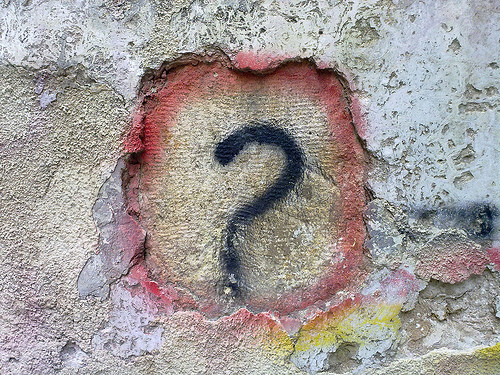
The fifth of six expected retractions for copyright infringement has arrived for a group of sex researchers led by Willibrord Weijmar Schultz, this one in the International Journal of Gynecological Cancer of a 1992 article.
As we reported earlier this year, Schultz (whose 1999 paper on sex in an MRI won an Ig Nobel prize) and his colleague, Mels F. Van Driel, were found not to have committed plagiarism by investigators at the University of Groningen. Instead, they were found guilty of “unintended and unknowing breach of copyright.”
But they were asked to apologize formally to a litany of people — from the editors involved to the sponsors of the research — for what the institution described as “unintended and unknowing breach of copyright” of the work of one Diana Jeffrey, whose 1985 dissertation evidently was very much worth reading.
Here’s the latest retraction notice: Continue reading One more paper down for sex researcher Weijmar Schultz








